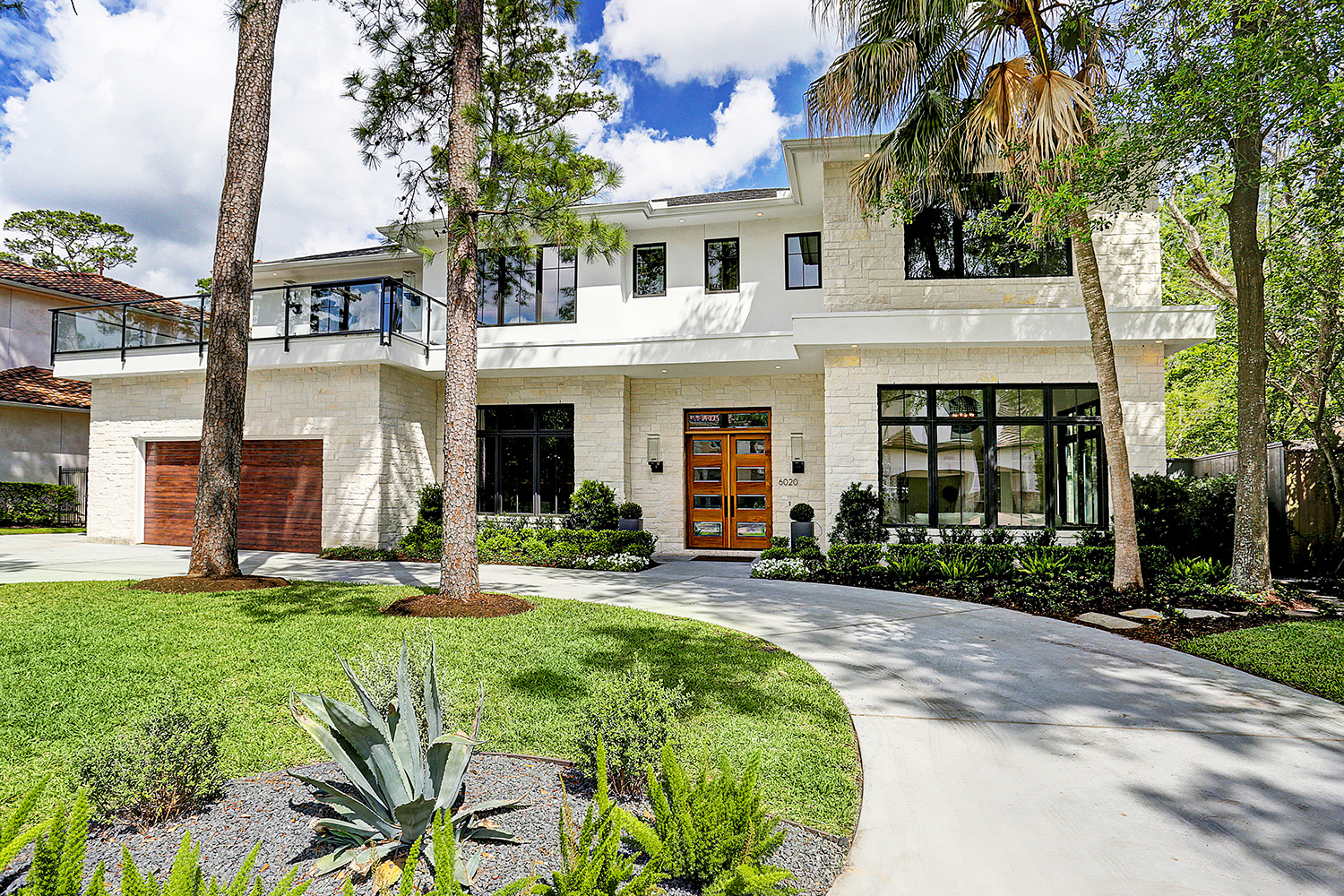85% of people will not get the full value for their homes in the next 5 years, and it has nothing to do with the economy. Here are the top 5 reasons..
Not hiring an agent, or the right agent
Although real estate agents command a hefty commission (usually 5-6% of the sale price of your home), attempting to sell your home by yourself, especially if you aren’t experienced, is usually ill-advised. A good agent who understands historical data and marketing will help you set a fair and competitive selling price. This often results in a quicker sale. An agent can also help with the number one mistake of getting emotionally involved. It will allow you to distance yourself from the property that you’ve undoubtedly created many memories in. This will also eliminate the “tire kickers” who simply want to walk through your property and take a peek but aren’t ready to put in an offer or are unqualified buyers.
Underestimating the importance of curb appeal
When selling your home, avoid the mistake of ignoring the outside of your home. Landscaping and the exterior of your home combine to form your home’s curb appeal. Make any repairs and spruce up the hedges and flower beds to create the best first impression your home can give. Broken rails or gates leave the buyer thinking many items are in need of repair.

Not preparing your home for sale
Sellers who do not clean and stage their homes will not only reduce your sale price but may also prevent you from getting a sale at all. Take the time to go over your house in detail, or consider hiring a home inspector to take a look at your home before you put it on the market. Ignoring the condition of your house until a prospective buyer points out your home’s repair shortcomings is too late and can cost you a sale. Because of your familiarity with the home, it’s easy to overlook trouble spots. Add a fresh coat of paint, use some elbow grease to clean the cracks and crevices in each room and declutter areas so that they’re easy to walk through and prospective buyers don’t feel overwhelmed when they walk in a room. You want them to picture their life in the home, not yours, so stage accordingly and make it show ready before inviting even one potential buyer in.
Trying to hide significant problems
If your home has underlying problems, it’s a mistake to think that they won’t be uncovered during an inspection. There’s simply no benefit in trying to hide issues. Either disclose them and sell “as is” or fix them before putting your home on the market. Another option is to offer a credit to the buyer that covers the cost to fix existing concerns. Keep in mind that buyers often want a turnkey home. Most realtors will advise that the best option is to fix problems unless your home is priced to reflect the need for repairs. A pre-inspection before listing your home can be a good idea to help you avoid unnecessary surprises once you’re under contract.
Improper maintenance records
A good preventive maintenance program includes good record keeping, preferably computerized, for easy access and analysis. Preventive maintenance entails performing regularly scheduled maintenance in order to prevent breakdowns, rather than simply making repairs when something goes wrong. It also involves performing necessary repairs promptly to prevent further damage and to maintain the home. Keeping records of the dates and work done adds to a buyer’s confidence and security that the home has been maintained and is worth the buyer’s asking price.
